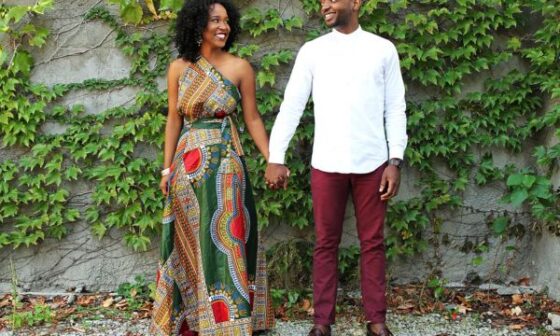Couples therapy, also known as marriage counseling or relationship therapy, is a valuable resource for couples seeking to improve their communication, resolve conflicts, and strengthen their emotional bond. However, before embarking on this journey, it is essential to understand how couples therapy is billed. This article will provide insights into different billing methods, factors that influence the cost, and the benefits of investing in the well-being of your relationship.
How Is Couples Therapy Billed
When seeking couples therapy, you’ll encounter various billing methods, each with its own implications for cost and payment.
1. Fee-for-Service
Fee-for-service is the most common billing method in private practice. Couples pay for each therapy session separately. This allows for flexibility but may require upfront payment, making it essential to budget accordingly.
2. Sliding Scale Fees
Some therapists offer sliding scale fees based on the couple’s income and ability to pay. This can make therapy more affordable for those with limited financial resources.
3. Insurance Coverage
Insurance coverage for couples therapy varies depending on the provider and the nature of the therapy. It’s essential to check with your insurance company to determine if your plan covers couples therapy and if there are any limitations or requirements.
4. Employee Assistance Programs
Some employers offer Employee Assistance Programs (EAPs) that include coverage for couples therapy as part of their benefits package. This can be a valuable resource for employees seeking support for their relationship.
Session Duration and Frequency
The duration and frequency of couples therapy sessions can impact the overall cost. Standard sessions are typically 50-60 minutes long, but extended sessions may be available for couples who require more time. The frequency of sessions can vary based on the couple’s needs and therapist’s recommendation.
Cost Factors to Consider
Several factors can influence the cost of couples therapy, and it’s essential to consider these factors when budgeting for your sessions.
1. Therapist’s Experience
Experienced and highly qualified therapists may charge higher fees due to their expertise and reputation.
2. Location
Therapy costs can vary based on the geographical location. Urban areas generally have higher fees compared to rural or suburban areas.
3. Specialized Therapy
Specialized therapies, such as Emotionally Focused Therapy (EFT) or Imago Relationship Therapy, may have higher costs due to their specialized nature and training requirements.
Benefits of Couples Therapy
The investment in couples therapy can yield invaluable benefits for the relationship and individual well-being.
Couples therapy provides a safe and supportive space for couples to communicate openly, improve their understanding of each other’s perspectives, and gain essential tools for resolving conflicts effectively. Therapists can help couples identify unhealthy patterns and develop healthier ways of relating to one another.
Through couples therapy, partners can deepen their emotional connection, rekindle the spark in their relationship, and rebuild trust and intimacy. It can foster a stronger bond between partners and create a more fulfilling and satisfying relationship.
Moreover, couples therapy is not solely focused on problem-solving but also emphasizes personal growth and self-awareness. It encourages individuals to reflect on their own behavior, attitudes, and triggers, fostering personal development that can positively impact all aspects of life.
Conclusion
Couples therapy is an investment in the well-being of your relationship. Understanding the various billing methods, cost factors, and potential benefits will help couples make informed decisions about embarking on this transformative journey together. By prioritizing their relationship and seeking professional support, couples can navigate challenges, strengthen their bond, and build a resilient and fulfilling partnership.
FAQs about Couples Therapy:
1. How long does couples therapy typically last? The duration of couples therapy varies based on the couple’s needs and progress. It can range from a few sessions to several months, depending on the goals and complexities of the relationship.
2. Can couples therapy be effective for all types of relationships? Yes, couples therapy can be beneficial for various types of relationships, including married couples, dating couples, engaged couples, and same-sex couples.
3. Is couples therapy only for couples in crisis? No, couples therapy is not solely for those in crisis. It can also benefit couples seeking to enhance their communication, deepen their connection, and strengthen their bond.
4. What if my partner is hesitant about attending couples therapy? It’s common for one partner to be initially hesitant about therapy. Openly discussing the benefits of couples therapy and expressing your desire to work on the relationship together can help alleviate concerns.
5. How can I find a qualified couples therapist? Finding a qualified couples therapist involves researching their credentials, experience, and approach to therapy. Asking for referrals from friends, family, or healthcare professionals can also be helpful in finding the right fit for your needs.







